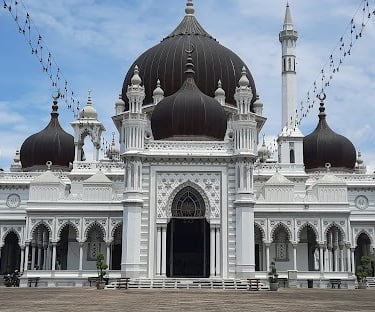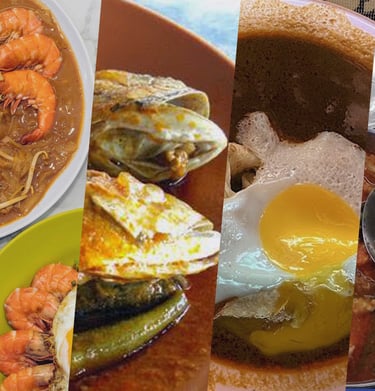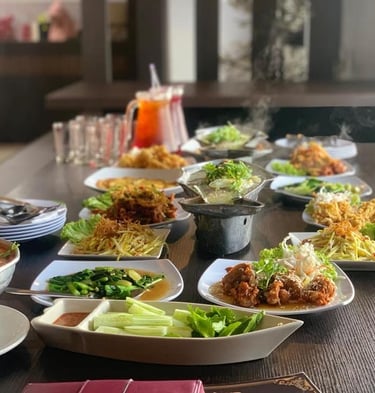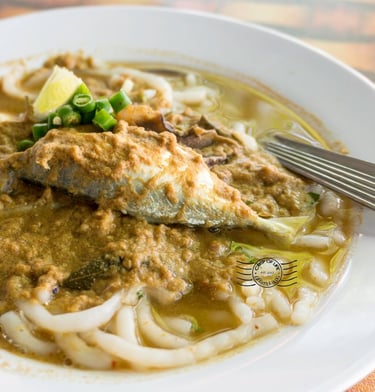Kota Setar
Kota Setar is the district encompassing Alor Setar, the capital city of Kedah. It is rich in history, royal heritage, and traditional Malay culture. The town has colonial buildings, bustling markets, and a peaceful riverside. Modern infrastructure blends with old-world charm through old temples, mosques, street art, and food stalls. Residents enjoy a relaxed pace with plenty of local flair, given its cultural and political importance in the state.
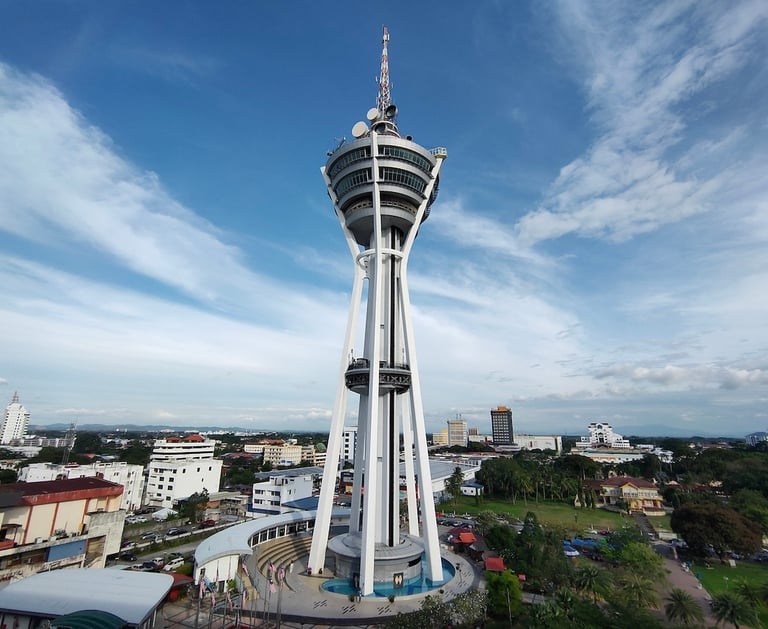

Attractions and Activities
Zahir Mosque: One of Malaysia’s most beautiful and historic mosques, built in 1912 with striking Moorish architecture and majestic domes. Visitors admire its spiritual significance and architectural artistry.
Kedah State Museum: A hub of history and culture, the museum displays artifacts, traditional costumes, and exhibits about Kedah’s ancient civilization, including links to the Bujang Valley.
Pekan Rabu: A lively market that has become an icon of Alor Setar, offering traditional snacks, handicrafts, textiles, and souvenirs, while letting visitors experience local shopping culture.
Balai Besar and Balai Nobat: These royal halls highlight Kedah’s Sultanate heritage, showcasing the state’s traditional music, royal ceremonies, and grand wooden architecture.
Menara Alor Setar: A modern landmark standing tall in the city, offering panoramic views of Alor Setar, the paddy fields, and even across to Langkawi on clear days.
Local Culture and Cuisine
Cultural identity: Kota Setar is deeply tied to Kedah’s royal traditions and Islamic heritage, reflected in its historical landmarks, local festivals, and daily life centred around community and faith.
Signature dishes: Laksa Kedah with its thick rice noodles and tangy fish-based gravy is the district’s most famous dish, often enjoyed at roadside stalls. Other staples include nasi ulam and gulai ikan sembilang.
Traditional snacks and desserts: Kuih karas, dodol, and bahulu are favourites during festive occasions, often handmade and shared among family and neighbours to strengthen ties.
Modern and traditional blend: While kopitiams and street vendors serve classic local dishes, Kota Setar also offers modern cafes and restaurants, creating a balance between heritage flavours and contemporary dining.
